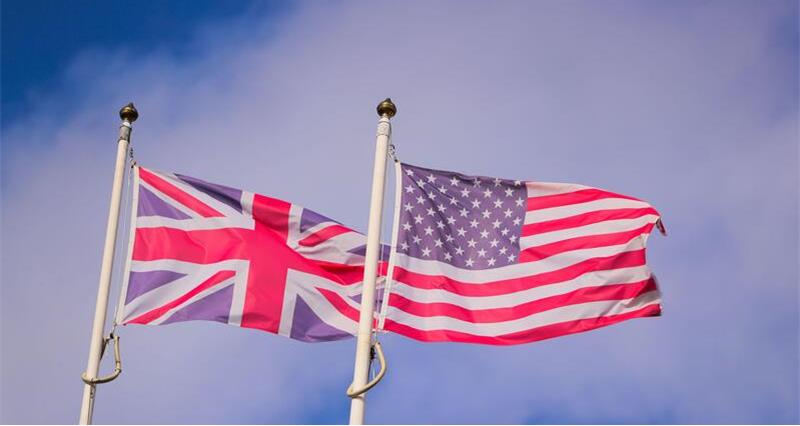Their stark warning comes amid media reports on both sides of the Atlantic of a potential trade deal to avoid reciprocal tariffs from 2 April, the day a number of US tariffs on trade come into force.
Farmers and growers across the UK have been let down by previous governments with recent trade deals.
The Australia and New Zealand deals simply liberalised the UK’s most sensitive agricultural markets, with not much in return for our farmers to benefit.
Meanwhile, in the case of the CPTPP (Comprehensive and Progressive Agreement for Trans-Pacific Partnership), the previous government also granted additional market access for eggs to countries which have lower animal welfare standards than the UK.
Safeguard UK farming
The US has long been pushing for greater access to the UK’s agricultural market and, worryingly, to see SPS (Sanitary and Phytosanitary) measures removed to enable the import of produce which would be illegal to produce here.
This government has repeatedly promised that it would not repeat the mistakes of past trade deals and that it would safeguard UK farming and its core standards of food safety, animal welfare and environmental protection in any future trade negotiations.
“Yes, the world is changing. But this is no time for a knee-jerk reaction.”
UK farming union presidents
At the NFU’s Conference in February, Defra Secretary of State Steve Reed said: “We will never lower our food standards in trade agreements.
“British farming deserves a level playing field where you can compete and win and that is what you’ll get. We will use the full range of powers at our disposal to protect our most sensitive sectors.”
No time for ‘knee-jerk reaction’
The UK farming unions are now asking the government to honour these commitments.
In a joint statement, NFU President Tom Bradshaw, NFU Cymru President Aled Jones, NFU Scotland President Andrew Connon and UFU President William Irvine said: “It’s extremely concerning to see media reports that the UK government is trying to avoid US tariffs by seeking an urgent trade deal.
“While we do not want to see tariffs on UK agri-food going into the US, our second largest export market beyond the EU, it means our negotiators are on the back foot from the get-go and makes a balanced negotiation incredibly difficult.
“With the UK farming sector already under huge strain, with confidence at an all-time low and investment dropping day by day, it cannot deal with another trade deal which sells out domestic food and farming.
“In the last couple of years, we’ve seen a much stronger performance by governments in safeguarding our most vulnerable sectors and seeking mutually beneficial trade deals. This is this government’s first test to see if it will do what it promised and stand up for UK farming, or if it will roll over under pressure from an aggressive US administration.
“Absolutely no one wants to see hormone treated beef, or pork or chicken treated with anti-microbial washes – which are banned here in the UK – sold on our market. Those ways of production were banned in the 80s and 90s for a reason. They don’t reflect our values and the farm to fork approach we are proud of in the UK, something we know the British people care deeply about.
“Yes, the world is changing. But this is no time for a knee-jerk reaction. We urge the government to honour the commitments it has repeatedly made both to farmers and the public – that it will protect the safety, animal welfare and environmental standards which are at the heart of UK food, and not allow it to be undermined by shoddy trade deals.”
The four unions will meet tomorrow in Northern Ireland to discuss a range of issues including the implications of tariffs on agri-food exports to the US and a potential Free Trade Agreement.
More from �ʼһ���:



